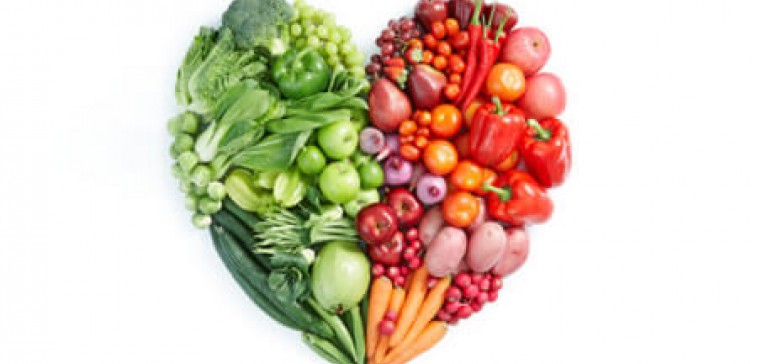
By: Adam Swanson, CPT, T.P.I CGFI It is becoming increasingly evident that chronic inflammation is the root cause of many serious illnesses - including Heart Disease, many Cancers, Alzheimer's disease, Chronic Pain, Allergies, Parkinson’s disease, and Cardiovascular disease. We all know inflammation on the surface of the body as local redness, itching, swelling and pain. It is part of the body's healing process, bringing blood and nourishment to a site of injury or infection. But when inflammation persists or serves no purpose, it damages the body and causes illness. Things like Stress, lack of exercise, genetic predisposition, and exposure to toxins (like artificial sweeteners, tobacco, and most alcohol) can all contribute to such chronic inflammation, but dietary choices play a big role as well. Learning how specific foods influence the inflammatory process is the best strategy for containing it and reducing long-term disease risks. Below is a list of the top ten Inflammatory foods that are most common in the American diet as well as a list of the the top ten Anti-Inflammatory foods that may help cure many day to day persistent health issues you might be having.
TOP 10 INFLAMMATORY FOODS
TOP 10 ANTI-INFLAMMATORY FOODS
